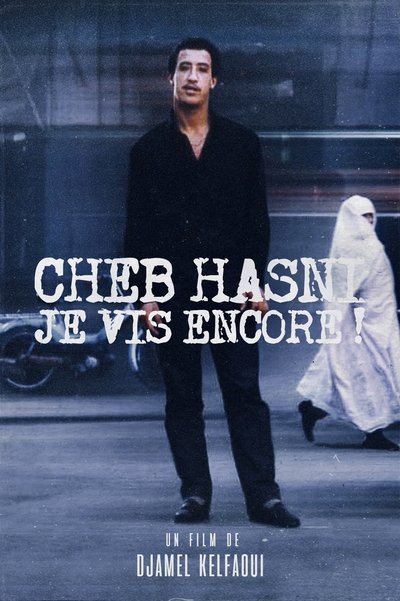Cheb Hasni, Je vis encore !
Genres
Documentary
OverView
Director Djamel Kelfaoui pays tribute to the great singer Cheb Hasni, king of sentimental raï, who became cult in Algeria and beyond its borders, and who was murdered in the street in September 1994 in Oran, at the age of 26. Unique and last interview filmed a few months before the assassination of the singer considered the king of “raï love” or “sentimental song”. Cheb Hasni had recorded more than 150 cassettes during his career. His memory remains very alive in the Maghreb and Arab world and its diaspora throughout the world. A transgenerational icon, he will be posthumously decorated with the National Merit medal at the rank of Achir.
Others
Budget
$--
Revenue
$--
Status
Released
Original Language
French
Runtime
52 mins
Rating
10/10
Release Date
02 January 2008
Country
Algeria


